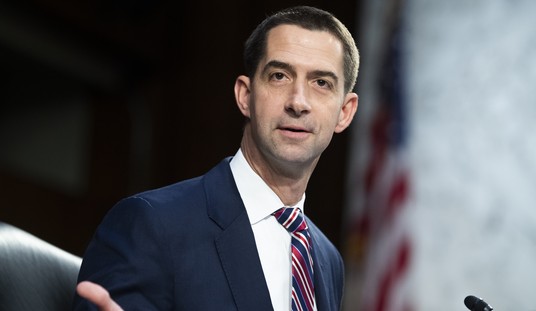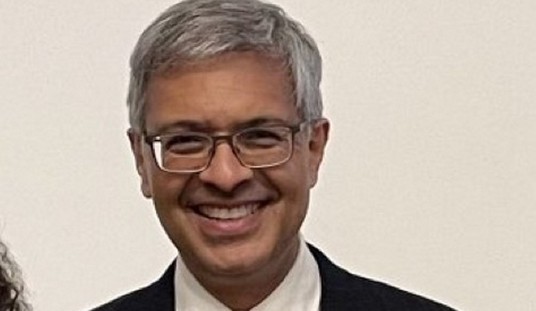Last year when the Wisconsin legislature passed a law reforming tenure protections in the University of Wisconsin system, you would have thought the world was going to end
This past June, American academia went into an uproar over Gov. Scott Walker’s new budget in Wisconsin, which not only cut $250 million from higher education, but also severely weakened shared faculty governance and effectively destroyed professor tenure at state universities. Specifically, any professor in the system—tenured or not—could be dismissed or laid off by the 18-member Board of Regents using maddeningly vague criteria: “when such an action is deemed necessary due to a budget or program decision requiring program discontinuance, curtailment, modification or redirection.”
This, when combined with the faculty’s diminished role in governing the university—and thus determining such things as which programs should continue, be curtailed, or get modified—basically meant that these regents—16 of whom were appointed by Walker—could fire anyone, at any time, for any reason.
Now that fear is spreading to other states.
Lawmakers in two states this week introduced legislation that would eliminate tenure for public college and university professors. A bill in Missouri would end tenure for all new faculty hires starting in 2018 and require more student access to information about the job market for majors. Legislation in Iowa would end tenure even for those who already have it.
The bills, along with the recent gutting of tenure in Wisconsin and other events, have some worrying about a trend.
“These are serious attempts to undermine universities and the role of universities in society,” said Hans-Joerg Tiede, senior program officer for academic freedom, tenure and shared governance at the American Association of University Professors. “If they’re not directly coordinated, there’s a strong current going through all of them.”
The AAUP is nothing more than a far-left trade organization that exists to protect the preeminence of the left within academia. They throw up all kinds of smokescreens about the value of tenure but its benefits boil down to exactly one: guaranteed life-time employment to a few battalions of progressive ideologues who care much less about education than they do about completing Antonio Gramsci’s long march through the institutions.
The arguments they make are fatuous nonsense.
Ben Trachtenberg, an associate professor of law at Mizzou and chair of the campus Faculty Council, said he understood that the Legislature has an interest in higher education, and that he and other faculty members would be happy to talk about how its various workings, including tenure, might be improved. “But this particular bill would not be a good idea for a couple reasons,” he added. “Tenure is important in its own right, in that it helps protect academic freedom, helps encourage cutting-edge research and helps faculty engage in shared governance, which is important to the long-term success of the institution.”
If that isn’t convincing, Trachtenberg said, ending tenure for new hires would put the university at a grave competitive disadvantage in recruiting top faculty candidates. “I think an economist would suggest that if there are two jobs that pay the same, and one has much more job security, that’s the one that’s going to be more exciting to prospective employees.” He noted that even anti-tenure economist Steve Levitt, William B. Ogden Distinguished Service Professor of Economics at the University of Chicago, has said he’d give up his own tenure — in exchange for $15,000 extra in salary.
J. Chris Pires, a professor of biological sciences at the Columbia campus who opposes the bill, also said that even research institutions with five-year rolling contracts instead of tenure offer appointees higher pay. “If [Mizzou or any university] wanted to get rid of tenure but remain competitive to recruit faculty, then they would have to substantially increase salaries,” he said, doubting that was a “realistic plan” for most states.
In a letter to Missouri legislators, Mannie Liscum, another professor of biology, cautioned them against acting as their counterparts in Wisconsin had. “Doing away with tenure and cutting state support is a job killer in higher education,” he said. “Killing higher education is shortsighted for a state, because our innovation declines, our ability to compete declines and our respect declines.”
The underlying assumption is that academic positions are unlimited. In truth, academic positions are extraordinarily finite and they are zero sum. A professor with tenure must die or retire in order for a position to open. This says there will be no widespread bidding war and the fact is that if the mission of the university is to actually “educate” and not create bragging rights about who is on faculty, there are damned few professors out there worth extra money. And exactly none of them teach gender or ethnic studies.
Without tenure, the existing coterie of politically active left wing professors have zero leverage. They can’t bully colleagues, they can’t deny conservatives tenure, they are powerless. Without tenure, university regents can rid campuses of covens of multi-degreed nitwits who have created entire departments devoted to teaching nonsense. Actual professors, those who keep their politics to themselves and research and teach, will be completely untouched by the reforms. And that is why the left is in a panic.













Join the conversation as a VIP Member